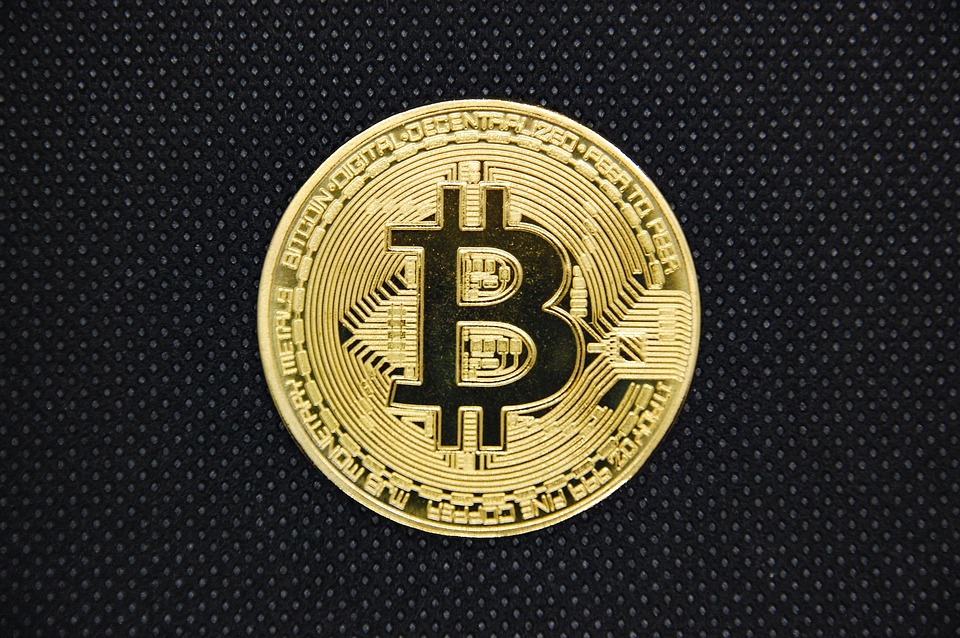[ad_1]
Your guide to understanding the fundamentals of Bitcoin and the world of cryptocurrency.
What is Bitcoin?
Bitcoin is the first decentralized cryptocurrency, created in 2009 by an anonymous person or group of people using the pseudonym
Satoshi Nakamoto. It operates on a peer-to-peer network, allowing users to transfer value without the need for intermediaries like banks.
As a digital currency, it is not controlled by any central authority, making it immune to government interference or manipulation.
How Does Bitcoin Work?
Bitcoin transactions are recorded on a public ledger called the blockchain. This technology provides transparency and security, as
every transaction is verified by network nodes through cryptography before being added to the blockchain.
Here’s how it works:
- Blockchain Technology: The blockchain is a decentralized ledger that ensures all transactions are publicly confirmed and immutable.
- Mining: Miners validate transactions and add them to the blockchain by solving complex mathematical problems. In return, they earn new bitcoins.
- Wallets: To store and manage bitcoins, users need a digital wallet, which can be software-based (online, mobile, or desktop) or hardware-based (physical devices).
The Value of Bitcoin
Bitcoin’s value is determined by supply and demand dynamics. Unlike fiat currencies, there is a capped supply of 21 million bitcoins.
As demand increases and supply becomes limited, the value is expected to rise. This has led many to view Bitcoin as “digital gold,”
a store of value rather than just a currency. However, its price is highly volatile and can fluctuate dramatically in short periods.
Benefits of Bitcoin
Bitcoin offers several advantages:
- Decentralization: No central authority controls Bitcoin, giving users complete ownership of their funds.
- Security: Transactions are secure and immutable, providing a level of protection against fraud.
- Lower Fees: Bitcoin transactions can have lower fees compared to traditional banking and remittance services.
- Global Access: Bitcoin can be accessed by anyone with an internet connection, increasing financial inclusion.
Challenges and Risks
Despite its benefits, Bitcoin also presents certain challenges and risks:
- Volatility: Bitcoin’s price can fluctuate wildly, posing a risk for investors and users alike.
- Regulatory Concerns: Governments around the world are still figuring out how to regulate cryptocurrencies, leading to uncertainty about their future.
- Security Risks: While the blockchain is secure, wallets and exchanges can be vulnerable to hacks.
- Scams and Fraud: The rise of Bitcoin has also seen an increase in scams, including Ponzi schemes and phishing websites.
Conclusion
Bitcoin has emerged as a revolutionary digital currency that provides a new way to transfer value and store wealth.
While it offers numerous benefits, it is essential for users to understand the risks involved. As the cryptocurrency space continues to evolve,
staying informed and cautious is key. Whether you view Bitcoin as an investment opportunity, a means of transaction, or an innovation in finance,
understanding the basics is the first step toward navigating the exciting world of cryptocurrency.
FAQs
1. Is Bitcoin legal?
Yes, Bitcoin is legal in many countries, but some have imposed regulations or outright bans.
2. How can I buy Bitcoin?
You can buy Bitcoin through cryptocurrency exchanges, ATMs, and peer-to-peer platforms.
3. What is a Bitcoin wallet?
A Bitcoin wallet is a digital tool that allows you to store, send, and receive Bitcoin.
4. Can I earn Bitcoin without buying it?
Yes, you can earn Bitcoin through mining, completing tasks, or earning through affiliate programs.
5. What happens if I lose my Bitcoin wallet?
If you lose access to your wallet, you may lose your Bitcoin permanently. It’s crucial to back up your wallet.
[ad_2]
